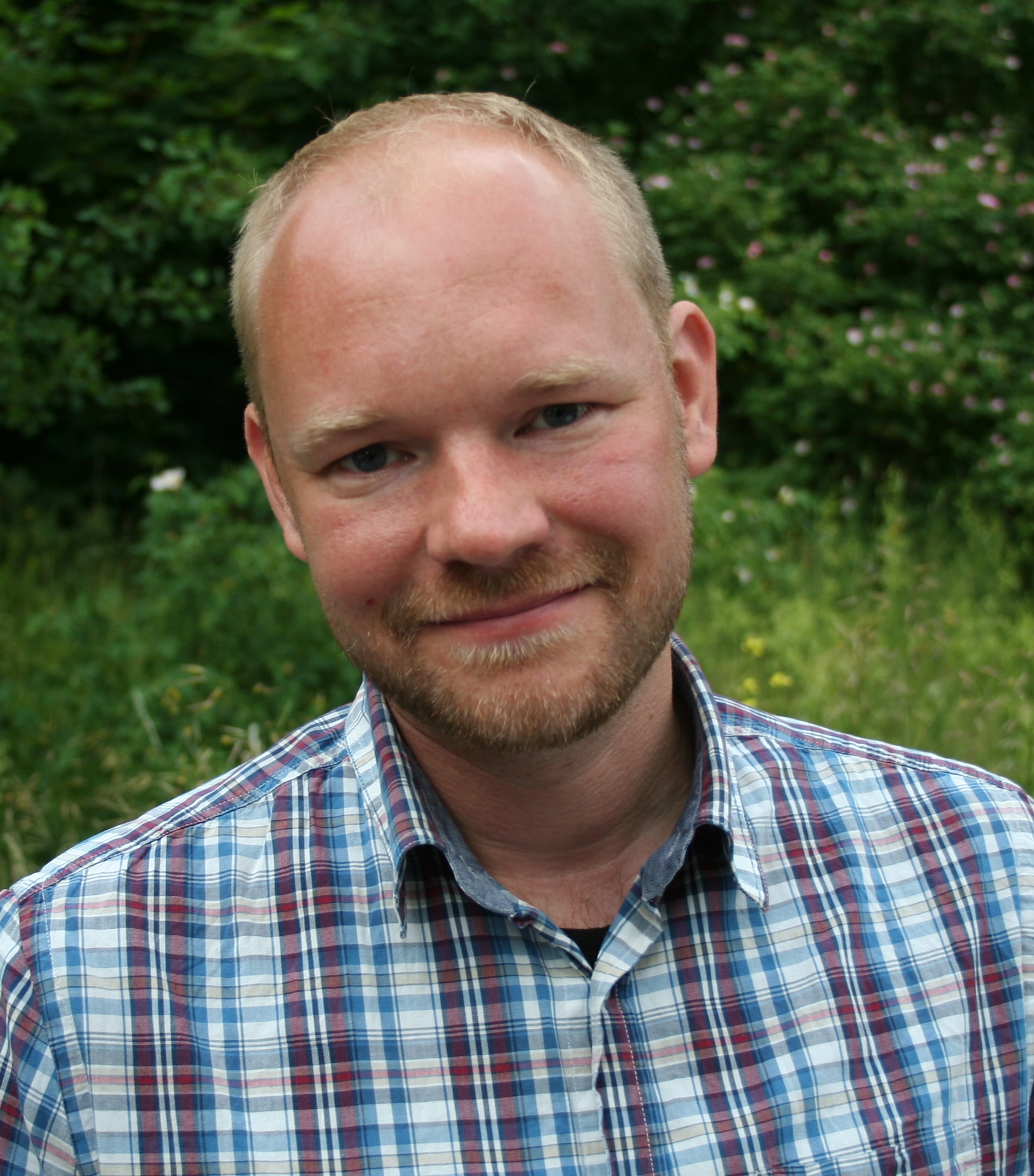The world is not black or white, but a caleidoscope of opportunities.
Development can become more sustainable by following many paths, but all people do not agree on which path is best – or even whether some paths lead to more sustainability or less. Accepting that there may be no objective right or wrong answer to sustainability issues and that several sometimes seemingly conflicting perspectives may coexist, is one of the first steps towards working for true sustainability.
Many of the sustainability issues we face are complex and a consequence of dynamic systems with internal interconnected feedback loops. Complexity is an important aspect of sustainability and the tools that I have come to use in my own teaching for sustainable development are aimed to put students in situations that simulate complexity in decision making. For example the various board games that I have found to be extremely useful in the class room, provide excellent opportunities to discuss both the complexity and perspectivity issues.
Engineering is a key for sustainability and engineers are key workers for sustainable development. Technological may not provide solutions to all problems, but it definitively has the potential to redefine the boundaries for sustainability. Engineers are the providers of new possibilities.
The challenges that our generation face are immense and definitive: how we choose to manage our society within the next few years will undoubtedly have a huge effect on the course of history for decades or even centuries ahead. I see it as my mission to contribute towards more consciousness in decision making, especially by developing and providing tools for education in engineering and natural sciences. Board games developed for the class room, literature and teacher training courses are examples of such, which you find references to on this web site. If you have any inquiries or development ideas, don’t hesitate to send me a note.
– Jon-Erik Dahlin, PhD

